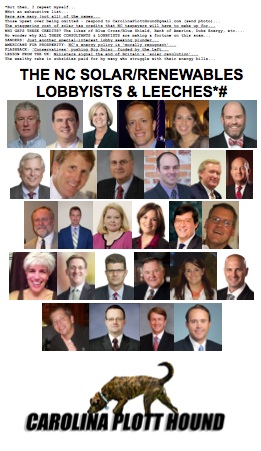Rent-seeking is a strange term; it’s the economists’ version of the infield fly rule. If you’re in the know about rent-seeking, it’s likely you are conversant in economics.
The president is not. (Which shouldn’t surprise, since so many of his economic schemes depend upon inverted demand curves to work. He hasn’t issued an Executive Order that demand curves slope upward — yet.) He recently criticized the Koch brothers of rent-seeking for their efforts to have special investment tax credits for renewable energy end.
Rent-seeking, defined
But so you’re up to speed on the term, here are several stabs at defining it:
- Duke Prof. Mike Munger: “Competition for government goodies.”
- Investopedia: “When a company, organization or individual uses their resources to obtain an economic gain from others without reciprocating any benefits back to society through wealth creation. … An example of rent-seeking is when a company lobbies the government for loan subsidies, grants or tariff protection. These activities don’t create any benefit for society, they just redistribute resources from the taxpayers to the special-interest group.”
- Concise Encyclopedia of Economics: “People are said to seek rents when they try to obtain benefits for themselves through the political arena. They typically do so by getting a subsidy for a good they produce or for being in a particular class of people, by getting a tariff on a good they produce, or by getting a special regulation that hampers their competitors.” (David R. Henderson)
Basically, rent-seeking is spending some of your resources to capture others’ resources without producing anything of value to them. Big corporate lobbies offering campaign handouts and employing people to troll the halls of power for special tax breaks just for themselves, special favors just for themselves, special laws to force consumers to do business with them, regulations aimed at hampering if not kneecapping their competitors, etc., are immediate examples of rent-seeking.
It’s no wonder Forbes columnists David John Marotta and Megan Russell analogized rent-seeking activity to pirates seizing the profit of merchant ships.
Rent-seeking, illustrated
If you want to see a visual example of rent-seeking in action, today’s Carolina Plott Hound has it:
 Of course, it’s well known that the renewable energy industry’s business model is entirely based on and utterly dependent on capturing public subsidies.
Of course, it’s well known that the renewable energy industry’s business model is entirely based on and utterly dependent on capturing public subsidies.
It’s all about winning government goodies. Sending swarms of lobbyists into the General Assembly is how this industry “competes.”


